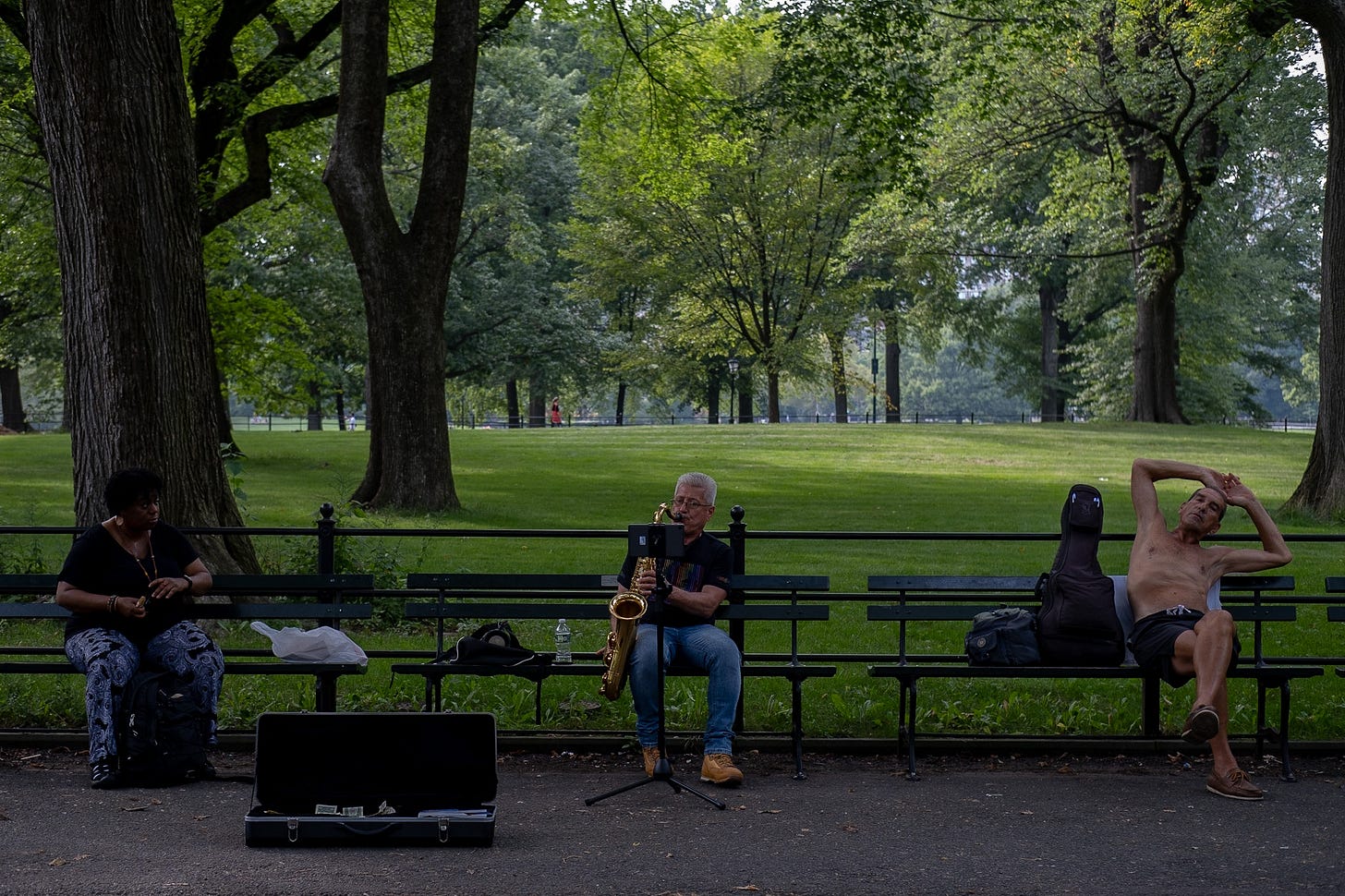Time will pass you by anyway.
There are moments when writing becomes an impossible burden, when attempting to distill a torrent of thoughts onto paper feels suffocating.
This, I hope, is something some of us can recognize. It is not merely the difficulty of choosing the right words, but the overwhelming sensation of wrestling with an entire stream of consciousness—too vast, too chaotic to be confined by ink and page, keyboard and the monotonous concept of the #hashtag.
But the moment one begins to think, truly think—which is a rarer occurrence than we like to admit—one finds that it is not the passive act of shutting one’s eyes and letting the mind wander.
No, real thinking is something else entirely. It is an act of focus, a deliberate gathering of scattered thoughts, a battle against distraction. One must resist the temptation of easy indulgences, the hollow accolades, and sharpen the mind like a blade—to anyone that has ever had one, is to do it permanently while being used—and settle, deliberately, on a single idea worth exploring, unraveling, perhaps even dissecting from every conceivable vantage point. If, that is, one has the stomach for such writing.
And when I speak of thinking, I do not mean the mind alone. No, thought is not confined to the gray labyrinth of the brain—it pulses through every nerve, every cell, through the ceaselessly vigilant sentinels of our senses, absorbing the world even when we are unaware of it. The noise of existence is relentless, inescapable. It seeps into us in countless forms, whether we acknowledge it or not.
About these distractions—sometimes forced upon us, flung in our faces, wrapped in the deceptive guise of a ‘desired affliction’ (Aflicción Deseada), the insidious pull of a digital ad, cunningly crafted to infiltrate our desires. Other times, they simply are—the sunset light piercing through a cloud, a pelican diving and swallowing a fish whole or my grandmother and the quiet persistence with which she tended her roses.
Of course, the latter are, in my humble opinion, delights of their own. But right now, we are speaking of the precise moment when one wishes to sit and write.
And so, the question remains: what is to be done with this? If the world invades us whether we welcome it or not, if our senses absorb every whisper of existence, if thought itself is a force we can neither tame nor silence—what then?
To grasp this inevitability is, at first, unsettling—terrifying even. And yet, in that very terror, there lies a strange and unexpected solace and opportunity.
Perhaps this is why we write. Not to capture the stream, for that is impossible, but to reach into it, to extract something, however small, however fragile, and set it trembling upon the page. A futile act, maybe. But then again, what other choice do we have?
Time will pass you by anyway.
Make no mistake, I have always believed that not everything must be shared. Not everything should be spoken, nor heard. Words, once released, take on lives of their own, as has been made abundantly clear to all of us. They wander beyond us, unmoored from our intent. And if we must write, if we must commit a thought to the permanence of language, let it be only for the things we love, for the virtues that bind us, for what is most intimate to our nature.
Everything else—the excess, the noise—should remain where it belongs: elsewhere.
For not all things are meant for the world. Some belong only to the sacred silence between kindred spirits.


